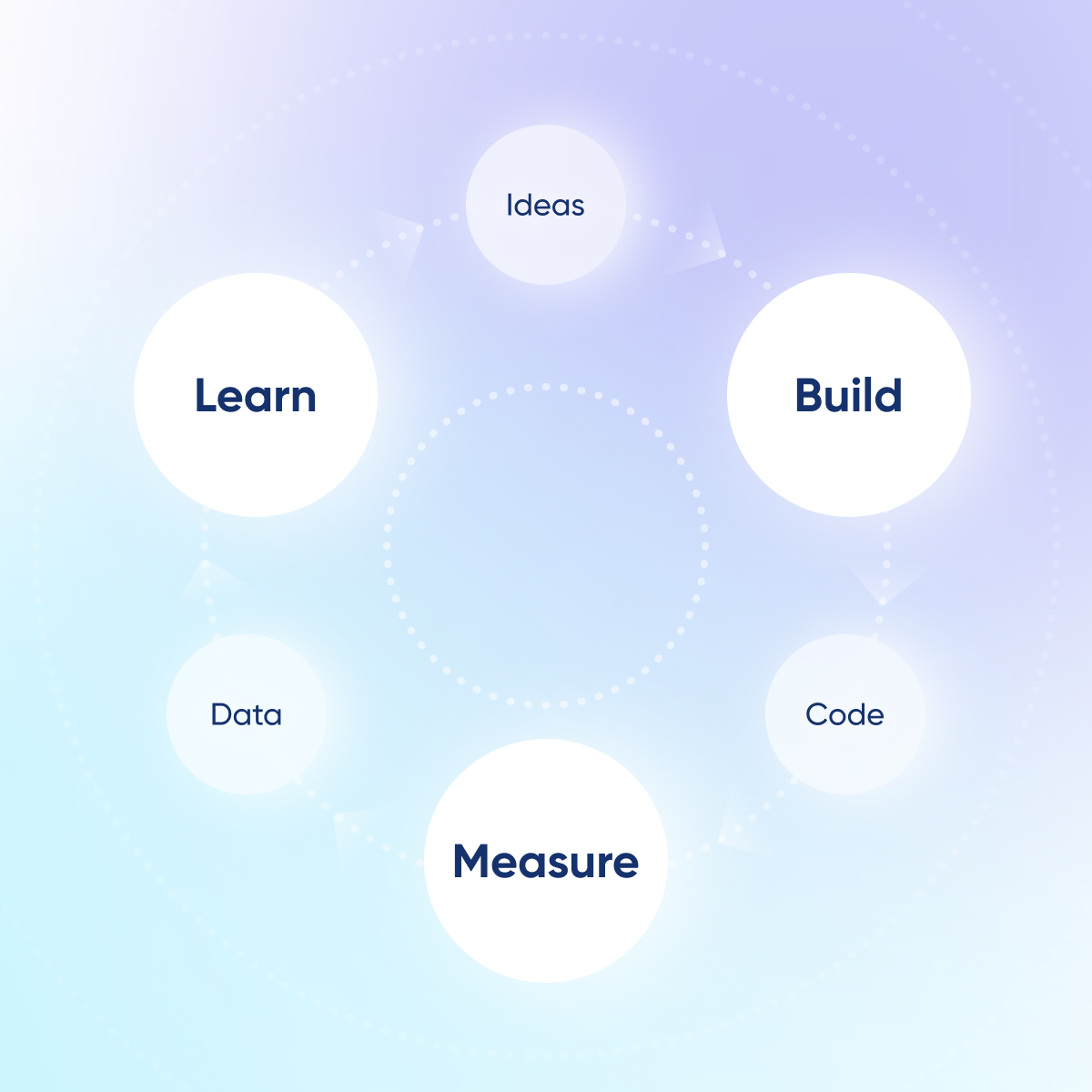In the world of project management, time and resources are two of the most valuable assets. One of the biggest challenges that project managers face is finding a way to maximize these assets while minimizing waste. The Lean Startup methodology is an approach that has gained popularity in recent years for its ability to help project managers achieve this goal. In this article, we will explore the principles of the Lean Startup methodology and how it can be applied to project management.
What is the Lean Startup methodology?
The Lean Startup methodology is an approach to building and launching products that emphasizes speed, flexibility, and efficiency. It was first introduced by Eric Ries in his book "The Lean Startup" and has since been adopted by startups, as well as established companies, to build products and services that customers want, quickly and efficiently. The Lean Startup methodology is based on the following principles:
- Build-Measure-Learn: The goal of the Lean Startup methodology is to build a Minimum Viable Product (MVP), measure customer feedback, and learn from the data to improve the product. 2. Customer Development: The Lean Startup methodology emphasizes the importance of talking to customers early and often to understand their needs and pain points. 3. Pivot or Persevere: The Lean Startup methodology encourages project managers to be flexible and willing to pivot their product strategy based on customer feedback.

How can the Lean Startup methodology be applied to project management?
- Start with a clear vision: Before starting a project, project managers should have a clear vision of the end goal. This vision should be focused on the customer and what they need. 2. Define the MVP: Once the vision is established, project managers should identify the Minimum Viable Product (MVP) that can be built to test the vision. The MVP should be designed to get customer feedback and validate assumptions. 3. Test and measure: With the MVP in place, project managers should test the product with customers and measure their feedback. This feedback should be used to identify areas for improvement and potential pivots. 4. Be flexible: Project managers should be willing to pivot the product strategy based on customer feedback. This means being open to changing the MVP or even the overall vision of the project. 5. Continuously iterate: The Lean Startup methodology emphasizes the importance of continuous iteration. Project managers should use customer feedback to improve the product and continuously iterate until the product meets the needs of the customer.
Benefits of using the Lean Startup methodology in project management
- Faster time to market: By focusing on the MVP and getting customer feedback early, project managers can launch their product faster and with fewer resources. 2. Reduced risk: The Lean Startup methodology encourages project managers to test assumptions early, which reduces the risk of building a product that customers don't want. 3. Customer-centric: By focusing on the customer and their needs, project managers can build a product that customers want and are willing to pay for. 4. Cost-effective: The Lean Startup methodology encourages project managers to be efficient with resources, which can result in cost savings. The Lean Startup methodology is a powerful approach to building and launching products that project managers can use to build products faster and more efficiently. By focusing on the MVP, getting customer feedback early, and being willing to pivot, project managers can reduce risk, build customer-centric products, and save resources. While it may take some time to implement the Lean Startup methodology, the benefits are well worth the effort.




